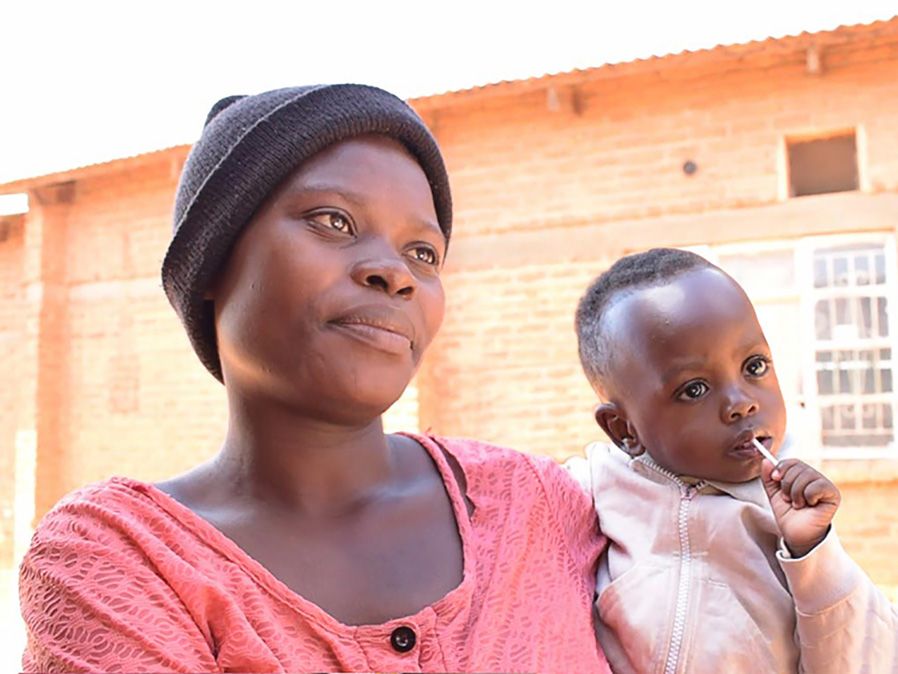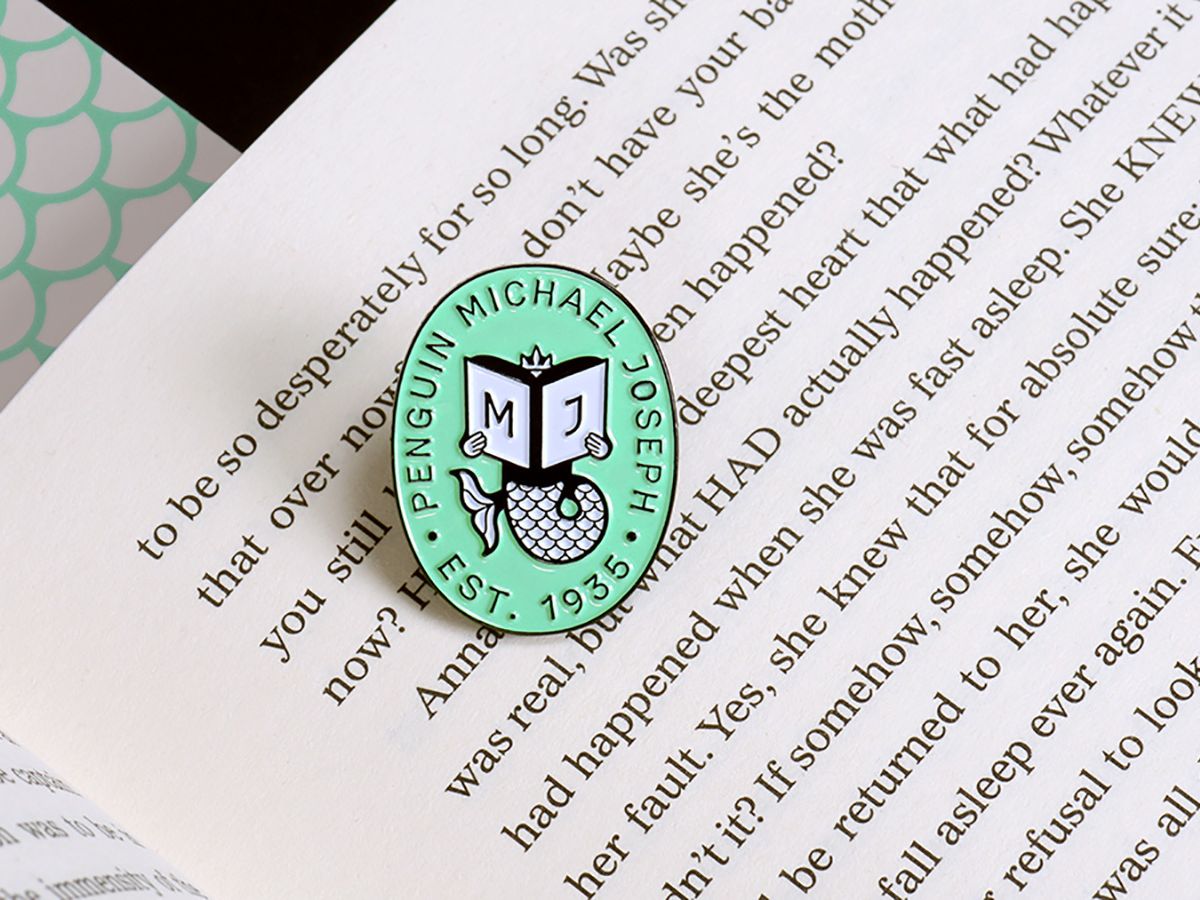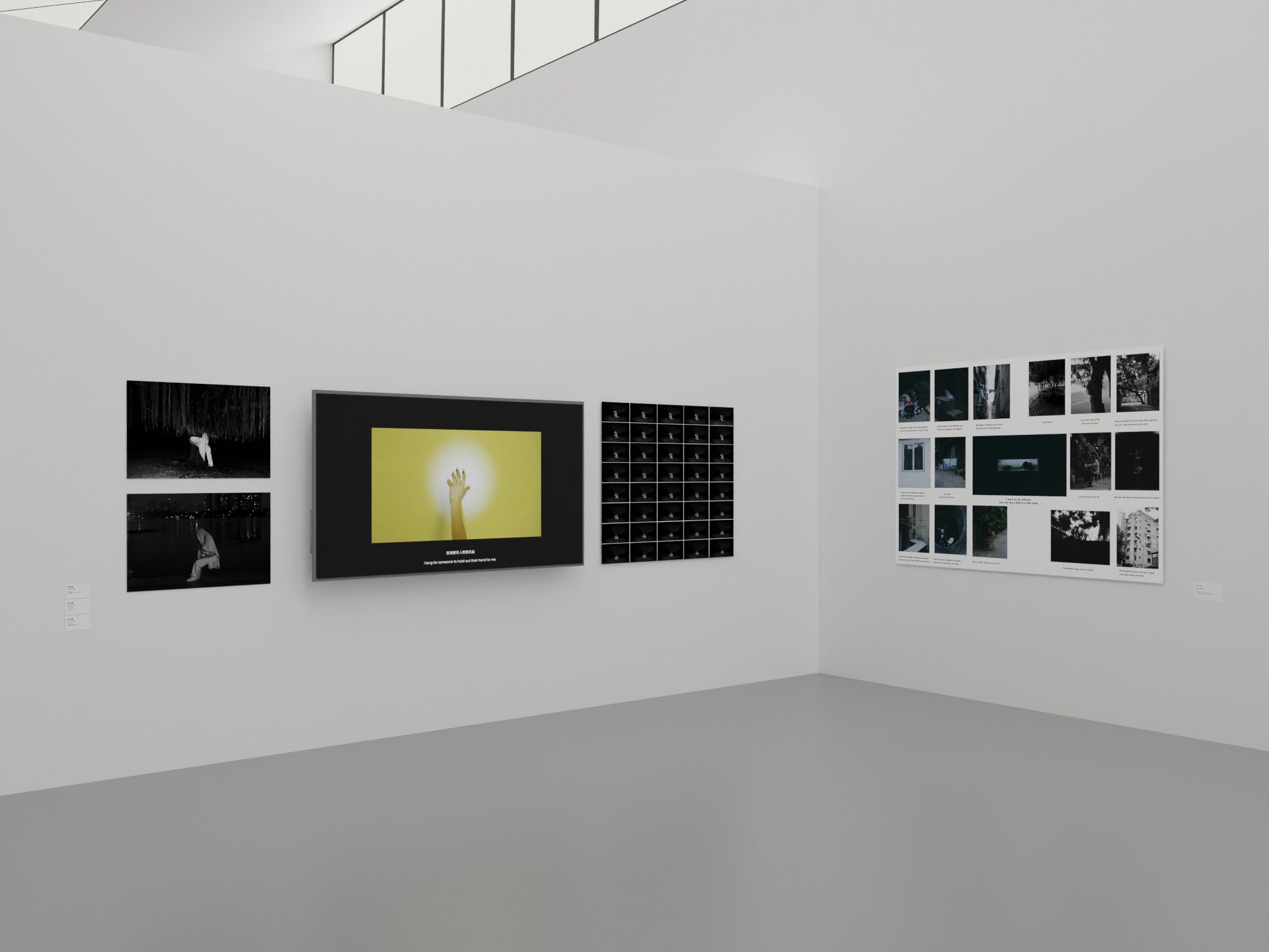New research from London College of Communication's Refugee Journalism Project shows how the British broadcast media misrepresent refugees, migrants and asylum seekers by failing to adequately feature their voices in news stories and relying on stereotypical narratives.
The report, entitled ‘Breaking the Frame’, investigates how refugees, migrants and asylum seekers are presented in television broadcasts, analysing one-year coverage by the BBC, Sky News, and ITV. The report discovered that:
- 64% of news broadcasts about refugees, migrants, and asylum seekers do not feature a refugee, migrant, or asylum seeker voice
- 33% of news broadcasts about refugees, migrants and asylum seekers present refugees, migrants, and asylum seekers as threats, despite only 10% of those news broadcasts containing threatening images
- 94% of news broadcasts about refugees, migrants, and asylum seekers were only dedicated to ‘hard news topics’ (terrorism, crime, economy, Brexit), ignoring opportunities for more positive ‘soft news’ representation
- Refugees, migrants, and asylum seekers surveyed stated that news broadcasts are ‘if not misleading, at least incomplete’
- Refugees, migrants, and asylum seekers surveyed who had previously spoken to media felt strongly that their own stories were misrepresented or not given enough time to be properly told
The report – which analysed news from BBC, ITV and Sky News, from March 2020 until February 2021 and included all weekdays broadcast – comes at a time of heightened media attention to refugees, migrants, and asylum seekers from the recent US withdrawal of Afghanistan to the Nationality and Borders Bill, which is currently being debated in Parliament.
The report found that the vast majority of refugee, migrant, and asylum seeker coverage was dedicated to topics that could conventionally be described as ‘hard news’ by the media, whereas only 6% was dedicated to ‘soft news’ topics such as gender inequality, culture, race and identity and other social topics.
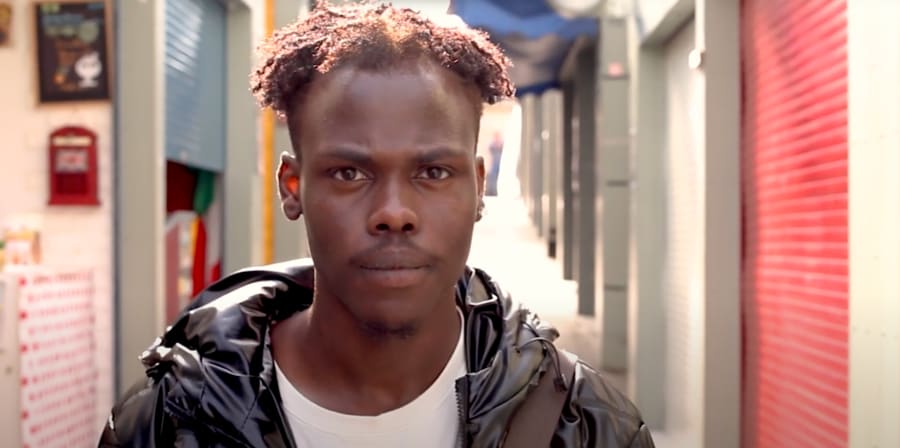
The authors of the report discussed its findings with 13 participants with a background in migration living and working in the UK – centering their voice and perspectives into the research.
The responses were varied, but all participants agreed that ‘the way television represents their lives and experiences is, if not misleading, at least incomplete […] a couple of participants felt strongly that their own stories were misrepresented or not given enough time to be properly told the few times they had been invited to speak to a media outlet.’
- Zozan Yasar: “[Migrant voices] really matter. It is important that we represent ourselves. We need a platform to raise our voice.”
- Fardous Bahbouh: “[I would have liked to see] more people who can make a difference, because when we talk about a refugee crisis, we are not talking about a person [but] an entire system.”
- Monir Ahmadi: “When you are stamped as a refugee, [you are being] automatically and psychologically excluded. You are counted as a minority, someone not belonging to this society.”
- Ernest Zhanaev: “When refugees are being interviewed, it is not the same as when politicians are being interviewed, they do not have the same power.”
Even when refugees, migrants, and asylum seekers are presented as victims, which occurred in 68% of the analysed coverage, this depiction may not be positive. As participant Nudrat Mughal says, “even the victim frame can be quite dangerous, because when we keep saying that that person or group of people are victims, we are also saying that they have nothing to offer.”
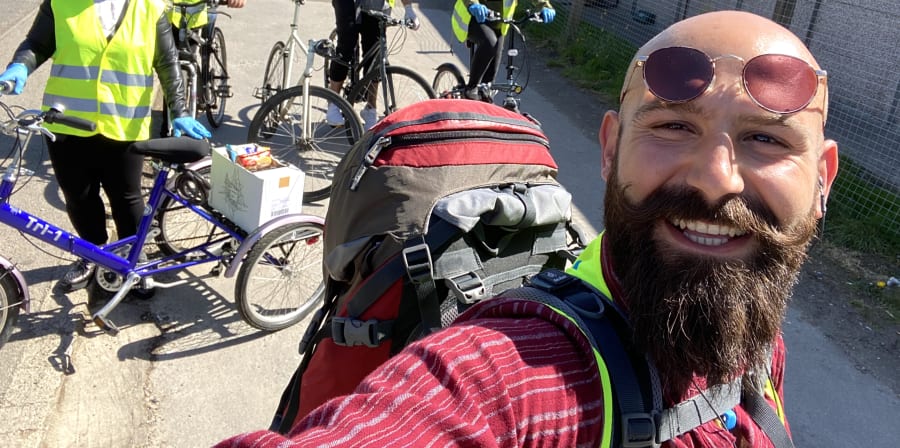
As part of the research, the Refugee Journalism Project held a series of workshops with refugees, migrants, and asylum seekers alongside students and creative practitioners to develop stories from their perspective, including articles, video interviews, and animated shorts.
The stories are rich and varied, including a powerful testimony of one woman’s escape from abuse in Zimbabwe to encounter mental health hardship in the UK, to community efforts by West African and Kurdish refugees during the Covid-19 pandemic.
Vivienne Francis, Refugee Journalism Project Director and Reader and Senior Lecturer in Social Justice Journalism and Knowledge Exchange at London College of Communication, said:
"These findings show that much more needs to be done to improve the representation of migrants in the media.
“There is a wealth of stories, opinions and perspectives that are being left out or misrepresented in news coverage. This has to change.
“Leaving out or misrepresenting refugees in news reporting, not only has a negative impact on the lives and mental health of refugees – many of whom may be fleeing persecution and trauma – but the wider public too, stoking division in communities and misinformation.
“By providing a proper platform for the voices of refugees, British media can show the incredible perspectives, talents and expertise of people whose stories deserve to be heard, enriching both lives and society.”
Related links:
- Find out more about Refugee Journalism Project
- Find out more about Vivienne Francis
- Find out more about the Media School


